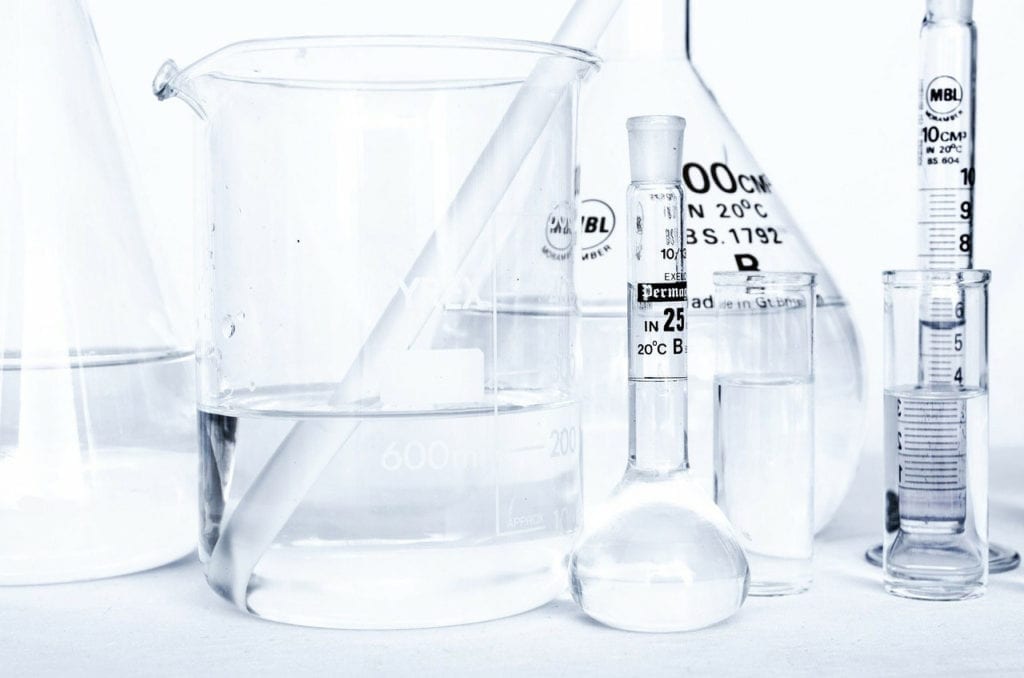Two Phase 2 clinical trials called ‘Elektra’ and ‘Arcade’ have been initiated. They will investigate the drug OV935/TAK-935 as a potential treatment for paediatric patients with rare epilepsies. For more detailed information about this, you can view the source press release at Globe Newswire by clicking here.
About OV935/TAK-935
OV935 is an experimental drug that is designed to selectively inhibit an enzyme called CH24H (cholesterol 24-hydroxylase). It is being investigated as a potential anti-epileptic drug. It is thought that inhibiting CH24H may work as therapy for epilepsy by reducing glutamate hyperactivity, which has been linked to epilepsy. So far, OV935 has been studied in four Phase 1 clinical studies and in preclinical models.
The Elektra Study
The Elektra study is a Phase 2 clinical trial that will compare OV935 to a placebo in a randomized and double-blind setting. The study will enrol approximately 126 patients aged between two and seventeen who have epileptic seizures linked to Dravet syndrome or Lennox-Gastaut syndrome. After the patients’ baseline seizure frequency has been established by researchers, the study will last fourteen weeks and will investigate how seizure frequency changed for patients taking OV935 compared to those taking a placebo. Researchers will also assess the safety of the drug, amongst other factors. Eligible patients who take part in the study will have the option to continue into the Endymion open-label extension study.
The Arcade Study
The second study to be initiated is an open-label Phase 2 Arcade trial that will investigate OV935 as a treatment for a total of around thirty patients who have epileptic seizures linked to CDKL5 deficiency disorder (CDD) or Duplication 15q (Dup15q) syndrome and who are aged between two and seventeen. Researchers will investigate how motor seizure frequency changes for patients taking OV935, as well as the drug’s safety, tolerability, and other effects. The study will take place in the US and, after baseline seizure frequency is established, last for twelve weeks. Similarly to in the Elektra study, eligible patients who take part will have the option to continue into the Endymion study.








